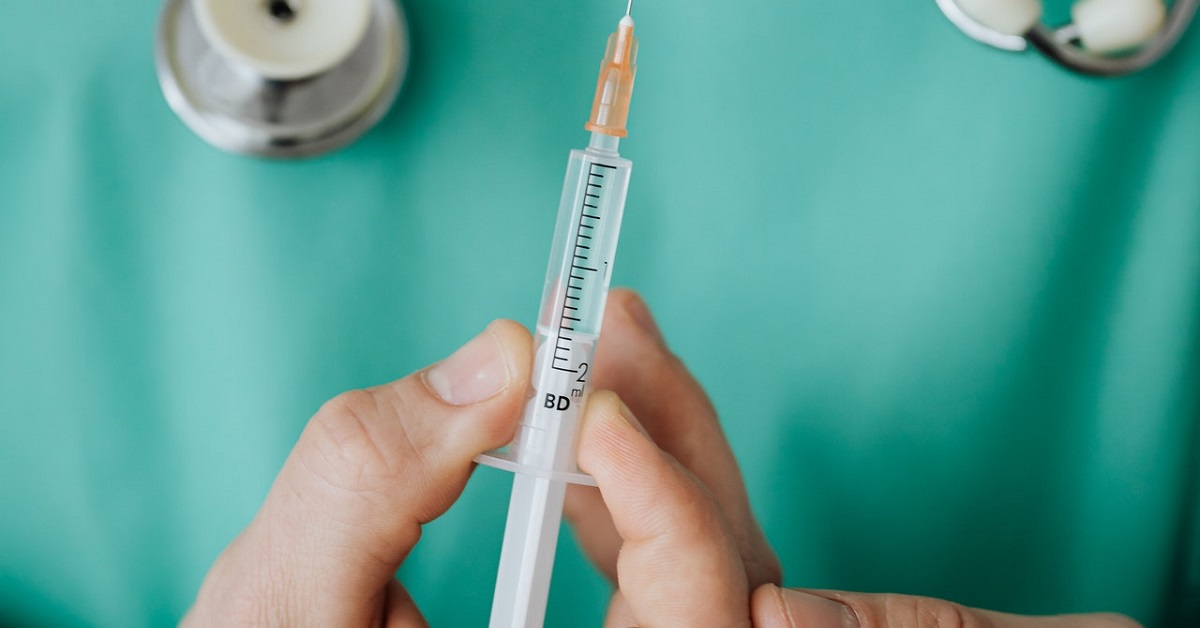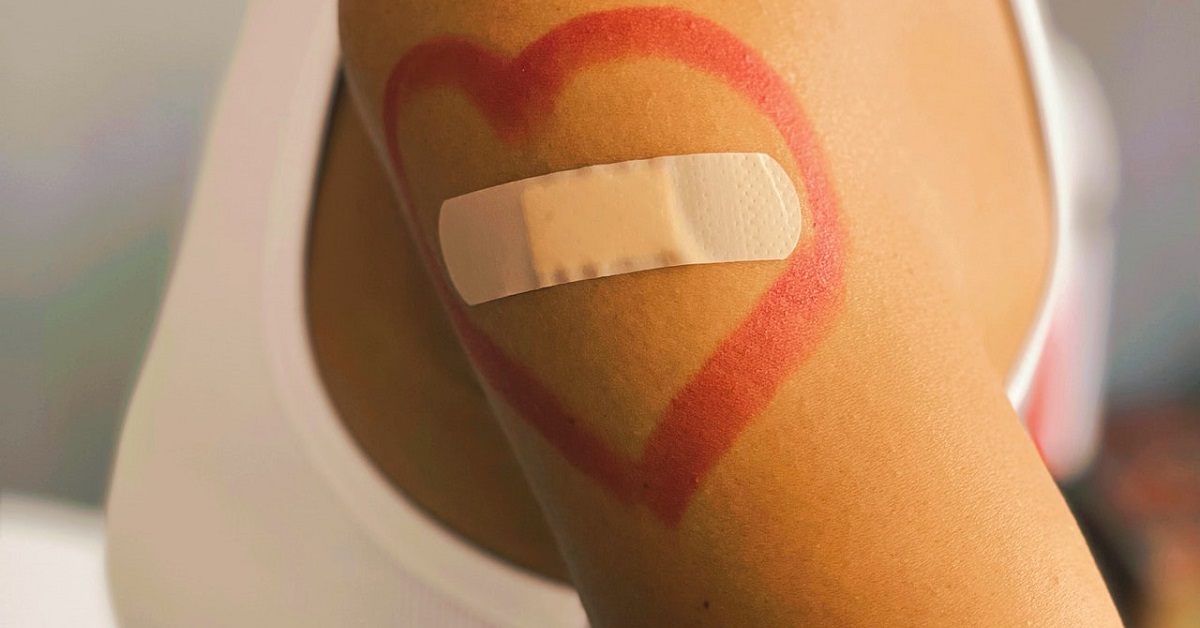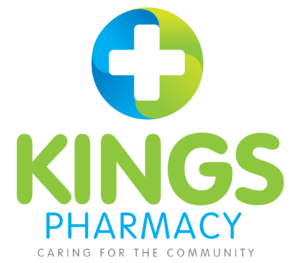King's Pharmacy
The HPV Vaccine – Side Effects & Why you Need it
Human papillomavirus (HPV) is the name for a very well-known group of viruses. It comes in numerous types, some of which are known as “high risk” since they can lead to some types of cancers, like anal cancer, cervical cancer, genital cancer, and cancers that attack the head and neck. Other types of these viruses can lead to conditions such as verrucas or warts. However, you can always protect yourself from HPV with an HPV vaccine. Keep reading to learn more about how you can protect yourself and the HPV vaccine side effects in Birmingham.
The International HPV Awareness Campaign takes place annually. This is a major initiative started by the International Papillomavirus Society (IPVS) with the aim of increasing public awareness of HPV. The overall outcome is to insist on the importance of screening, diagnosis, treatment, and prevention of HPV-related conditions.
HPV infections aren’t accompanied by any symptoms, and they will go unnoticed in most cases.

HPV Vaccine
Boys and girls born after 1st September 2006 (aged 12 to 13 years) are given the HPV (human papillomavirus) vaccine under the NHS vaccination programme.
The HPV vaccine provides protection against cancers created by HPV, such as:
– Certain head and neck (mouth and throat) cancers
– Cervical cancer
– Some genital and anal cancers
The vaccine also protects against genital warts.
Boys and girls aged 12 to 13 years across England are provided the 1st dose of HPV vaccination when they reach school Year 8. The second dose is given 6-24 months later.
It’s necessary to get the two doses of HPV vaccination to ensure full protection.
If you miss the HPV vaccine provided in the 8th year at school and are eligible, it’s available to you for free under the NHS up to your 25th birthday for:
– Boys born after 1st September 2006
– Girls born after 1st September 1991

A boy and girl reading a book
Why is the HPV vaccine given to young boys and girls?
HPV infections are normally located on the hands, fingers, genitals, and mouth and can move from one person to the other through any skin-to-skin contact.
This means the human papillomavirus (HPV) can be spread through any form of sexual activity, as well as touching. The vaccine works best when given to boys and girls before they are sexually active (basically, before they become more prone to contact with HPV).
So, receiving the vaccine at the recommended time will offer them protection during their teenage years and after. A good number of people who miss the vaccination are bound to get infected with some form of HPV at a particular time in their life.
The virus rarely leads to any harm as the body’s immune system gets rid of the infection. However, the infection sometimes remains in the body for several years and later on begins to cause damage.

HPV vaccine side effects in Birmingham
More than 1 in every 10 persons who get the Gardasil 9 or Gardasil HPV vaccine experience the following symptoms:
– Swelling, redness, or pain at the area of the injection. It’s the most common side effect but goes away after a few days.
– Headaches – usually go away after a short period.
More common HPV vaccine side effects in Birmingham
– High temperature
– Itching or bruising at the injected area
– Nausea
– Pain in the hands, arms, fingers, feet or toes
Rare HPV vaccine side effects in Birmingham
– Itchy red rash (hives)
Less than 1 in 10,000 people who get the Gardasil/Gardasil 9 HPV vaccine experience:
– Breathing difficulties and restriction of the airways
Contact us today to book your appointment and to get your HPV vaccine.
This blog post was written on behalf of King’s Pharmacy by Pharmacy Mentor.
